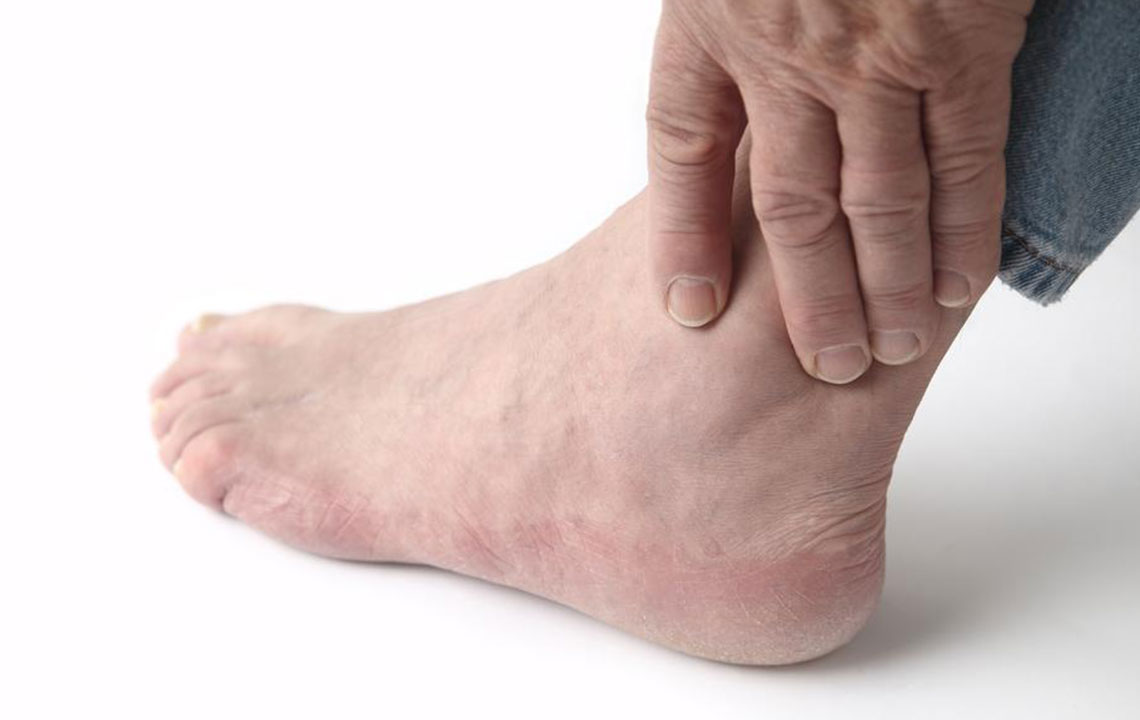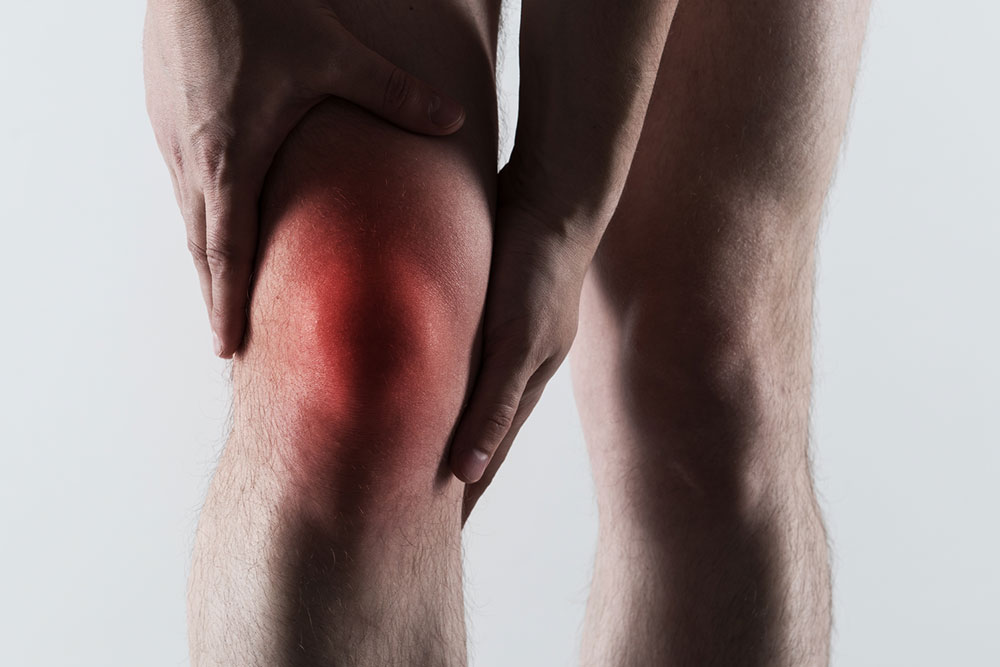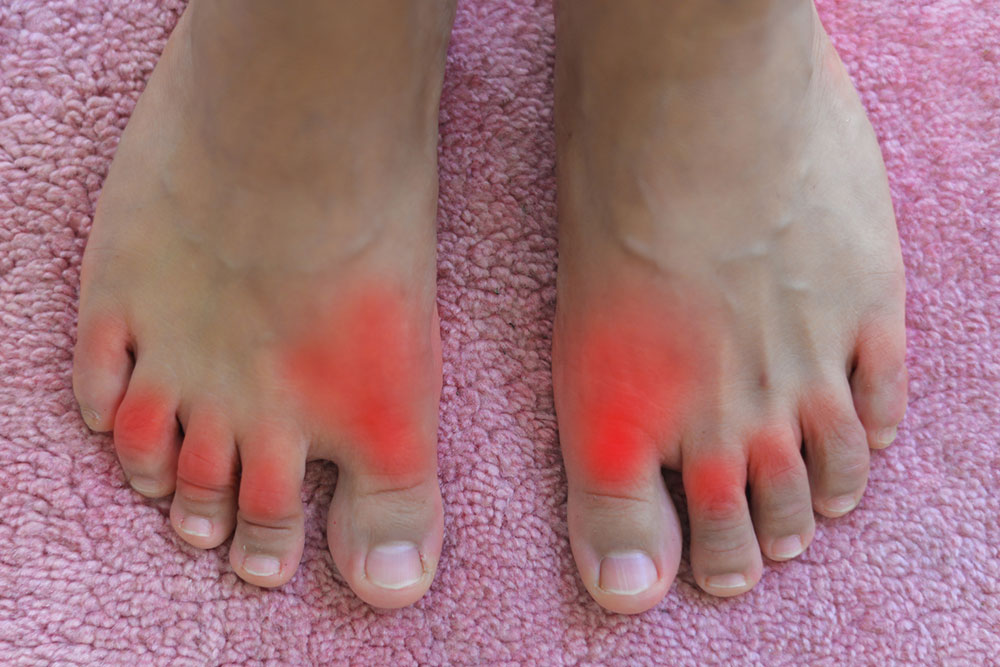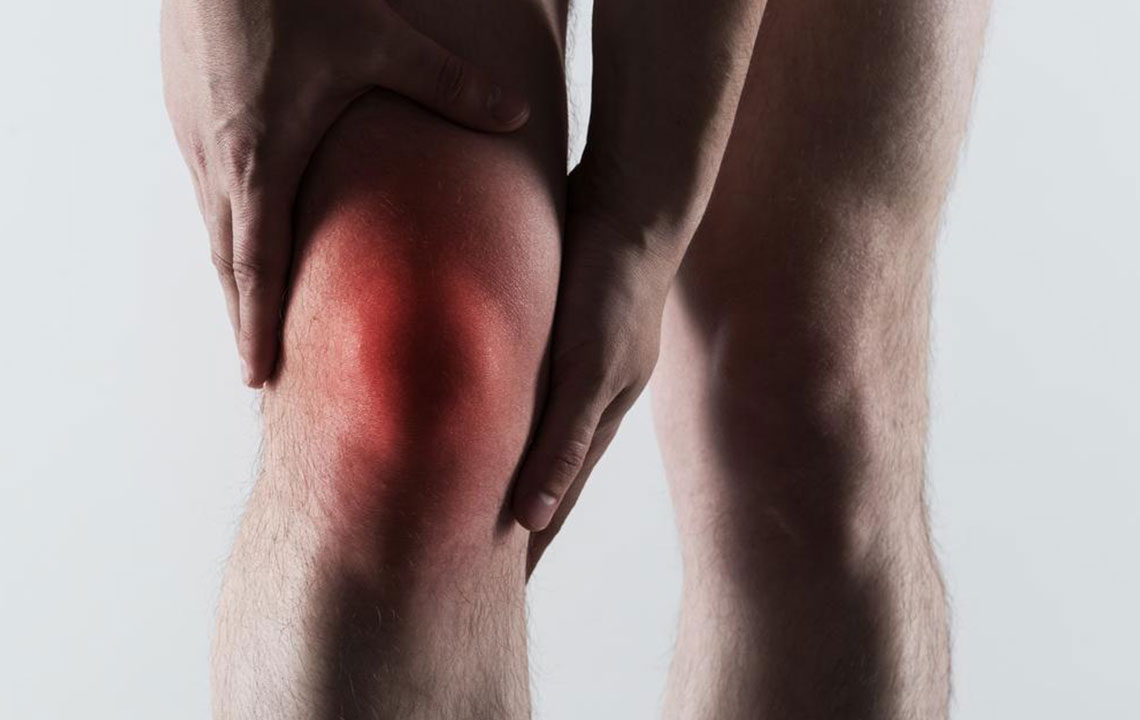Effective Strategies for Managing Gout and Preventing Flare-Ups
Discover comprehensive strategies for managing gout, including medication options, lifestyle modifications, and home remedies. Learn how to prevent flare-ups and reduce complications through tailored treatments and dietary adjustments for effective gout control.

Effective Strategies for Managing Gout and Preventing Flare-Ups
Managing gout typically involves medication options tailored to your health status and personal preferences. These medicines help alleviate acute gout attacks and prevent future episodes, while also reducing complications like tophi formation caused by urate crystal buildup.
Medications for Gout Relief
Common treatments include:
NSAIDs: Over-the-counter options such as naproxen and ibuprofen, along with prescription drugs like celecoxib and indomethacin, are used to reduce inflammation during attacks. Doctors may prescribe higher doses for immediate relief and lower doses for ongoing prevention.
Note: NSAIDs may cause gastrointestinal issues like stomach pain, ulcers, and bleeding.
Colchicine: An effective pain reliever for gout but may cause side effects like nausea, vomiting, and diarrhea which limit its use. Once the attack subsides, a light daily dose might be recommended to prevent recurrence.
Corticosteroids: Medications like prednisone help control inflammation and swelling, either taken orally or injected directly into affected joints. They are generally reserved for patients unable to use NSAIDs or colchicine. Side effects include elevated blood sugar, mood swings, and increased blood pressure.
Preventing Gout Complications with Medications
If gout attacks are frequent or less painful, doctors may suggest medications to reduce risks. These include:
Uric acid production inhibitors: Drugs like allopurinol and febuxostat lower uric acid synthesis, decreasing flare-up chances. Side effects can include rash, low blood counts, or liver issues.
Uric acid excretion enhancers: Probenecid improves kidney removal of uric acid but may increase the risk of kidney stones, stomach pain, or allergic reactions.
Lifestyle Tips and Home Remedies
While medications are primary, lifestyle adjustments and home remedies can support gout management. Consider:
Reducing alcohol consumption and avoiding drinks high in fructose or sugar.
Eating foods low in purines, such as lean meats, seafood, and organ meats.
Engaging in regular exercise and maintaining a healthy weight to lower gout risk.
If medications do not provide relief, discuss alternative therapies with your healthcare provider, ensuring they do not interfere with existing treatments. Some foods like cherries and vitamin C supplements may help lower uric acid levels, but consult your doctor before making changes.
Additional approaches, including deep-breathing exercises and homeopathic remedies, might offer supplementary benefits, though evidence varies.










